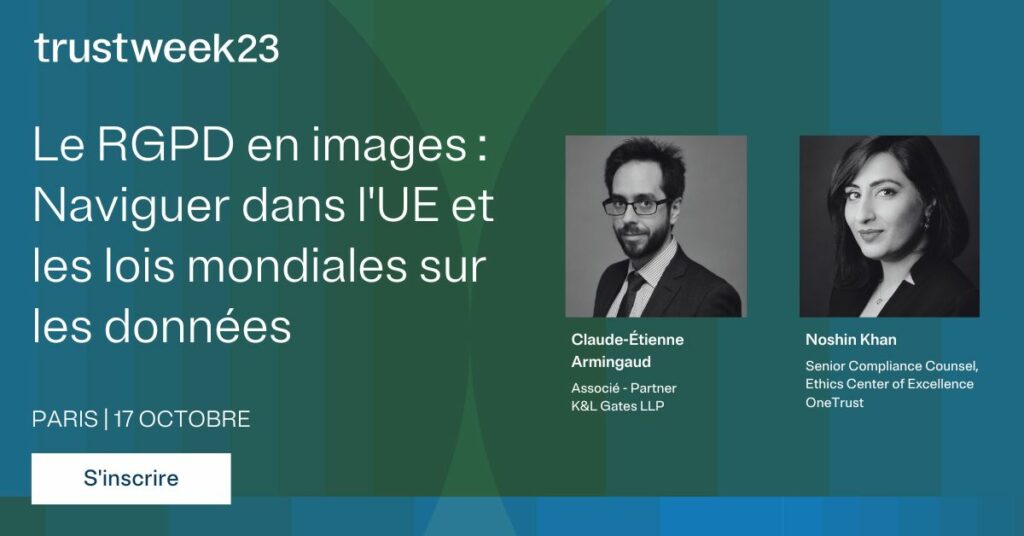K&L Gates’s expertise in data and tech work has recently seen it advise on matters as diverse as AI and machine learning projects’ impact on personal data retention and transparency and the implications of augmented reality make-up applications and smart fragrances. While the firm has some significant tech companies on board, the client base skews more heavily towards advising more traditional industries through digital transformation.
The data protection, privacy and security practice has multiple leaders, reflecting its wide geographic spread.
Claude-Étienne Armingaud in Paris, who is a dual-qualified French and New York lawyer, is a stand-out name: besides GDPR and privacy compliance, he also has extensive experience advising on tech transactions, for example relating to software, blockchain, connected cars and more. Other partners leading the practice are Cameron Abbott in Melbourne; Shannan Frisbie, Whitney McCollum, David Bateman and Carley Andrews in the firm’s Seattle headquarters; Bruce Heiman in Washington, DC; Limo Cherian in Chicago; Gina Bertolini and Leah Richardson in the Research Triangle Park office in North Carolina; and Sarah Turpin in London.
The K&L Gates practice’s senior ranks grew with the addition of San Francisco partner Michael Stortz, who was formerly at Akin Gump. Thomas Nietsch was promoted to the partnership in Berlin. The firm also hired counsel Veronica Muratori in Milan from Withersworldwide; Avril Love in Los Angeles from Tucker Ellis; and Ulrike Elteste in Frankfurt from Covington & Burling.
Client references
“K&L Gates has deep expertise and knowledge in this area and is always responsive. Advice is always timely and well-considered.”
“Collaboration with K&L Gates is always seamless. The team have deep knowledge of privacy laws and regulations, but they also understand the business impact of their advice. This sets them apart from other firms in the market.”
First publication: Lexology GDR100




